The talent, virtue and great dedication to the revolutionary cause of General Secretary Tran Phu are invaluable assets, lasting forever with the history of the nation for future generations to learn and follow; first of all, he is an exemplary example of the fighting spirit of a communist that forever shines, retains its value and relevance, especially in the current situation.
The tradition of his homeland and family, the understanding of the misery and suffering of the working people under the rule of French colonialism and the corrupt feudal regime, forged the will and determination of the young Tran Phu to become a teacher and participate in founding the patriotic organization Hoi Phuc Viet when he was only 18 years old; marking the beginning of the path of dedication to the ideal of fighting for the cause of national liberation of a great personality, an exemplary example of the fighting spirit of a communist, expressed in the following basic contents:
First, in any situation, be steadfast and apply creativity. Marxism-Leninism in the revolutionary struggle. In mid-1926, the Phuc Viet Association sent Tran Phu and a number of members to attend a training course to improve basic knowledge about Marxism-Leninism, the Russian October Revolution, the Communist International, the Vietnamese revolutionary path... organized by leader Nguyen Ai Quoc and the Youth Central Committee.

This event caused a strong change in political and ideological awareness and the path of the proletarian revolution. Tran Phu decided to join the Vietnam Revolutionary Youth Association and was admitted to the Communist Party. The course ended at the end of 1926. Comrade Tran Phu returned to Central Vietnam to work, actively propagating the viewpoints and policies of leader Nguyen Ai Quoc and the Vietnam Revolutionary Youth Association; making great efforts to persuade the Hung Nam Association (the new name of the Phuc Viet Association) to merge with the Vietnam Revolutionary Youth Association. Facing the enemy's fierce pursuit, he returned to Guangzhou. China was active and was sent to Russia to study for two years (1927-1929) at the Oriental University of the Communist International. During this time, comrade Tran Phu became a member of the Russian Bolshevik Communist Party and was introduced by leader Nguyen Ai Quoc to be the Secretary of the Party Cell of the Vietnamese Communists at the University. Although sentenced to death in absentia by the enemy, after finishing the course, comrade Tran Phu still returned to the country to work, was added to the provisional Central Committee of the Party (July 1930) and was assigned to prepare the Party's Political Platform.
With strategic vision, sensitive and creative political thinking, comrade Tran Phu made great contributions to the completion of the draft Political Platform and many important documents, such as: Resolution on the current situation in Indochina and the urgent tasks of the Party; Party Charter; Workers' Movement; the issue of establishing the "Anti-Imperialist Alliance" Association... submitted to the first Central Party Executive Committee Conference (October 1930) for approval, contributing to the completion of the Party's revolutionary leadership. The political platform is the result of research and creative application of Marxism-Leninism and the basic content of the Brief Platform and Brief Strategy to the specific conditions of the Indochina revolution to determine and correctly interpret the basic and urgent issues of the revolution, which are: The nature, goals, tasks, motivations, objects, paths, methods, forms of revolutionary struggle and the revolutionary leadership role of the Party, "forever the beacon illuminating the revolutionary path of our people" (1) overcoming countless hardships and sacrifices to gradually achieve glorious victory.
Second, always closely follow the reality, grasp the situation, directly direct the consolidation and construction of the Party organization and a strong revolutionary mass movement. Regardless of difficulties, hardships and dangers, Comrade Tran Phu directly went to the grassroots to survey the struggle movements of workers, farmers, youth and social classes in many localities, such as: Hanoi , Hai Phong, Thai Binh, Nam Dinh, the Northeast mining region... to learn about the situation of workers, farmers, the spirit, revolutionary awareness of social classes and the organization and activities of Party bases in order to grasp and understand the situation, consolidate the basis for building the Political Platform. Thereby, discovering shortcomings in Party work in a number of Party bases that needed to be adjusted, changed and proposing leadership policies and measures to suit reality. At the same time, it was proposed to gather and unite anti-imperialist organizations and forces, such as: Workers', Peasants', Students', Soldiers', Youth, Women's and other revolutionary parties... into a unified anti-imperialist association to promote the revolutionary movement. In a short time, the number of Party members and Party organizations had a remarkable development, from about 300 Party members and 50 Party cells when the Party was first established, to about 2,400 Party members and 250 Party cells by April 1931; many revolutionary mass organizations were established, such as: Indochinese Communist Youth, Women's Union, Red Relief Association... contributing to improving the leadership capacity, fighting strength, position and prestige of the Indochinese Communist Party from a Party cell of the French Communist Party to an "independent Party cell of the Communist International" (2) .
Third, resolutely fight against the non-proletarian ideological trend to Bolshevikize the Party and be steadfast and indomitable before the enemy, always believing in the revolutionary cause of the Party. During his time studying in Russia, comrade Tran Phu showed strong support for Lenin's viewpoints and thoughts on the struggle against opportunists in the Second International and criticized the erroneous viewpoints of some bourgeois nationalists who believed that there was no proletariat in Indochina in order to affirm the proletarian stance of the Indochina revolution. In the Political Platform and Resolutions of the Party, the Bolsherik principles, strategies, and tactics were clearly and correctly expressed, demonstrating comrade Tran Phu's great imprint and contribution to the Bolsherikization of the Party in terms of ideology. In practical guidance, he always emphasized: We must fight uncompromisingly against reformist nationalist ideas, and resolutely wage war against the communist movement within the Party, because “if we do not resolutely wage war against it, and resolutely uproot it within the Party, we cannot hope to train the Party to have a unified communist ideology” (3) . At the same time, he proposed that the Central Standing Committee decide to publish an internal newspaper called “Communist” to publish articles discussing, explaining, and expressing the opinions of all cadres and Party members in order to clarify the policies of the Communist International and the Indochinese Communist Party, and to promote propaganda and political and ideological education within the Party. These issues affirmed that “Comrade Tran Phu was always a staunch defender of the principles of Marxist-Leninist theory and practice and a resolute opponent of any small error that deviated from the common political line of the Communist International” (4) .
During his imprisonment (from April 19, 1931 to September 6, 1931), comrade Tran Phu set a shining example of loyalty to the Party and the revolution, and an indomitable spirit in the face of the enemy. All the evil plots and brutal tortures could not subdue the communists' will to fight. On the contrary, he took advantage of his short, precious time to propagate and encourage his comrades and teammates to always maintain their fighting spirit, turn prison into a revolutionary school, preserve the communist spirit and the secrets of the Party and the revolution. The message to maintain their fighting spirit from the Party General Secretary in prison before his sacrifice became a call to the country, the source of strength, "forever an immortal example for communists around the world, especially the Indochinese communists" (5) to follow.
Source














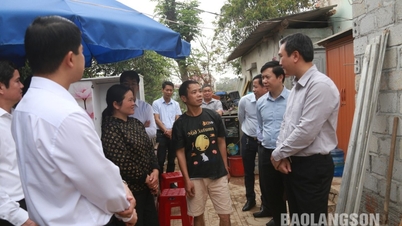

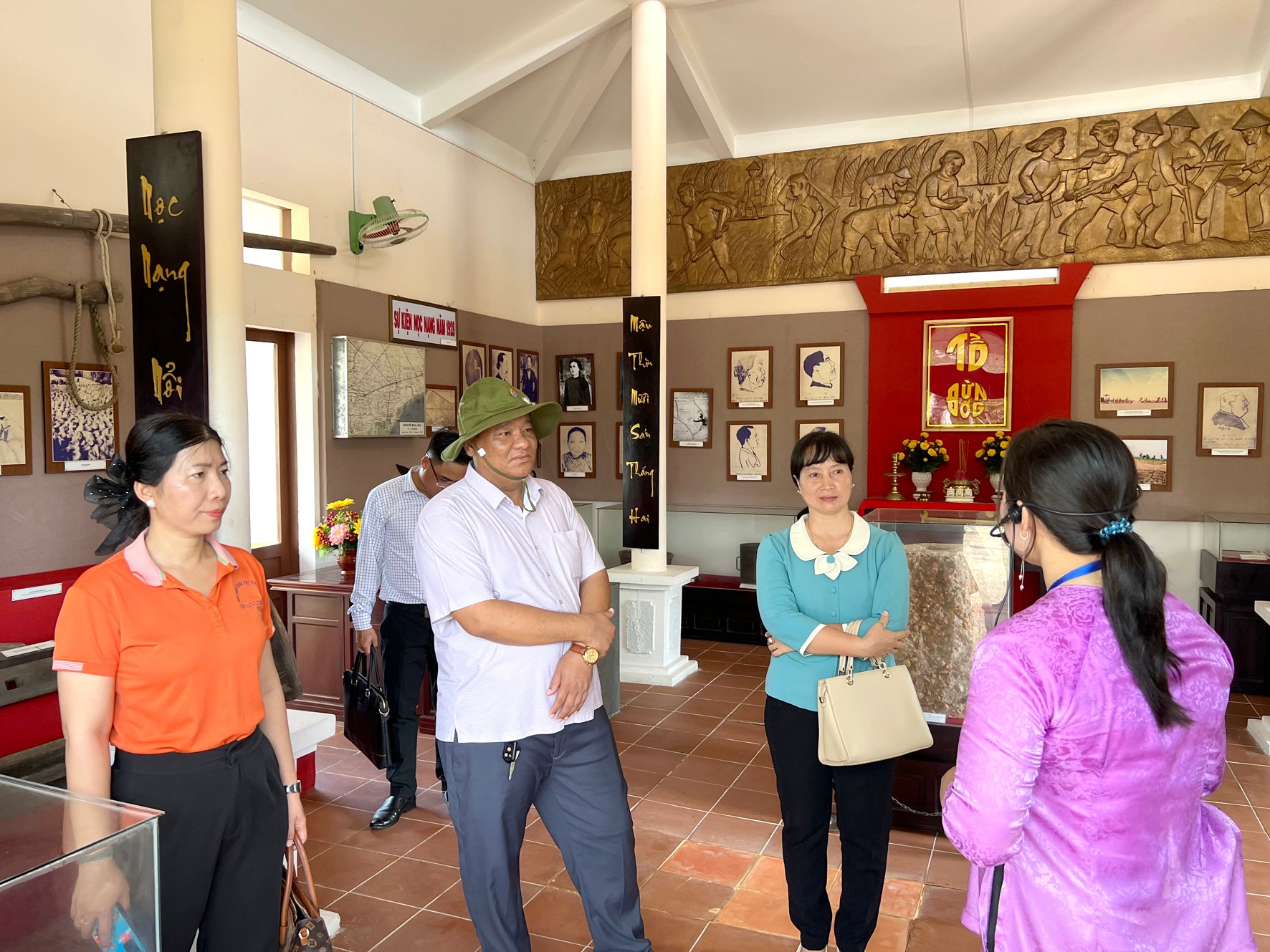
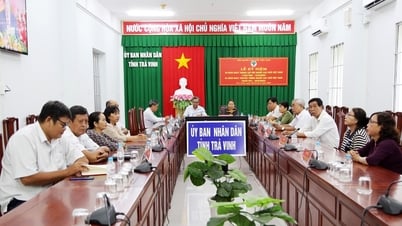
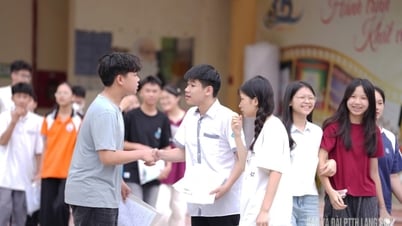

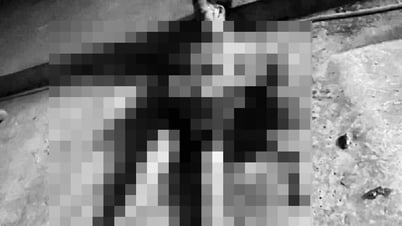
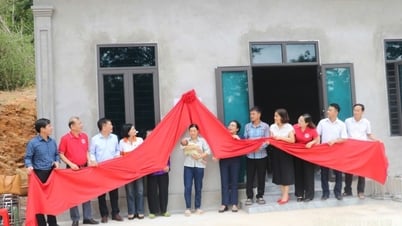
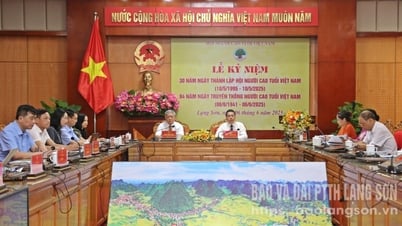







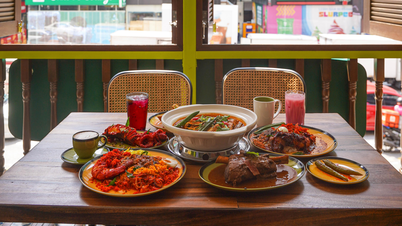














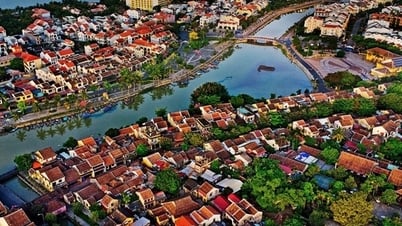



















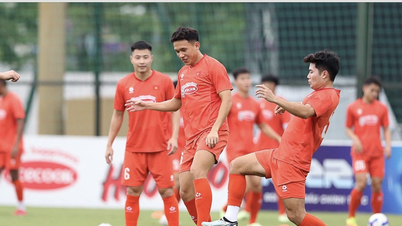
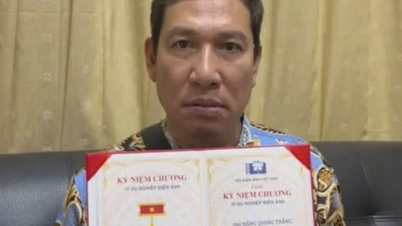

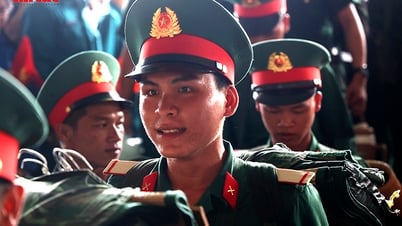
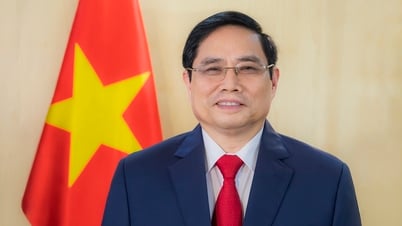

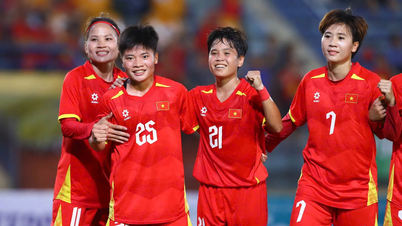
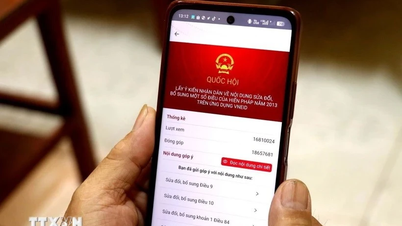
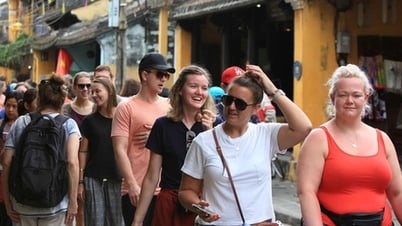



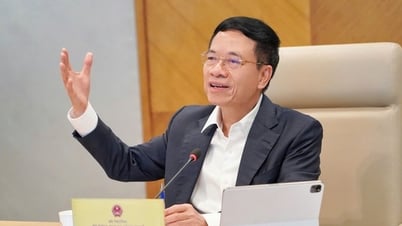

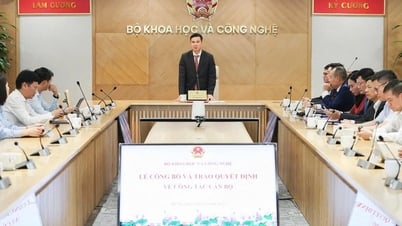
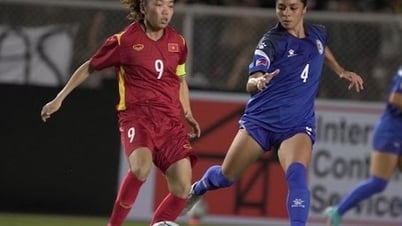
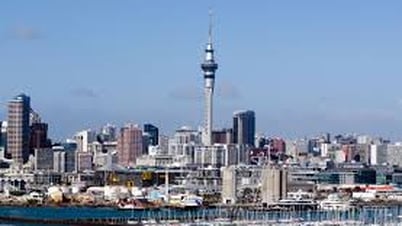
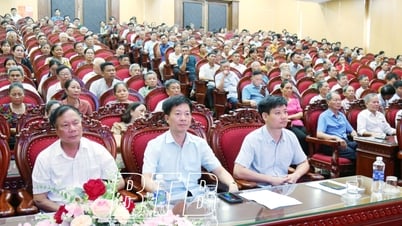



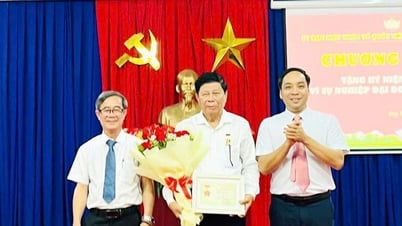



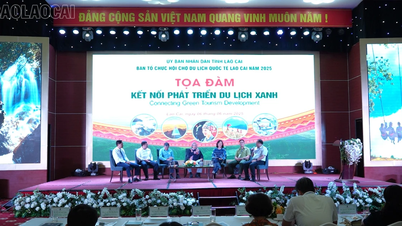



![[OCOP REVIEW] Tu Duyen Syrup - The essence of herbs from the mountains and forests of Nhu Thanh](https://vphoto.vietnam.vn/thumb/402x226/vietnam/resource/IMAGE/2025/6/5/58ca32fce4ec44039e444fbfae7e75ec)






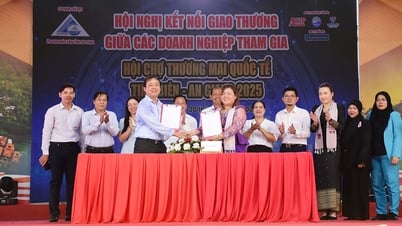

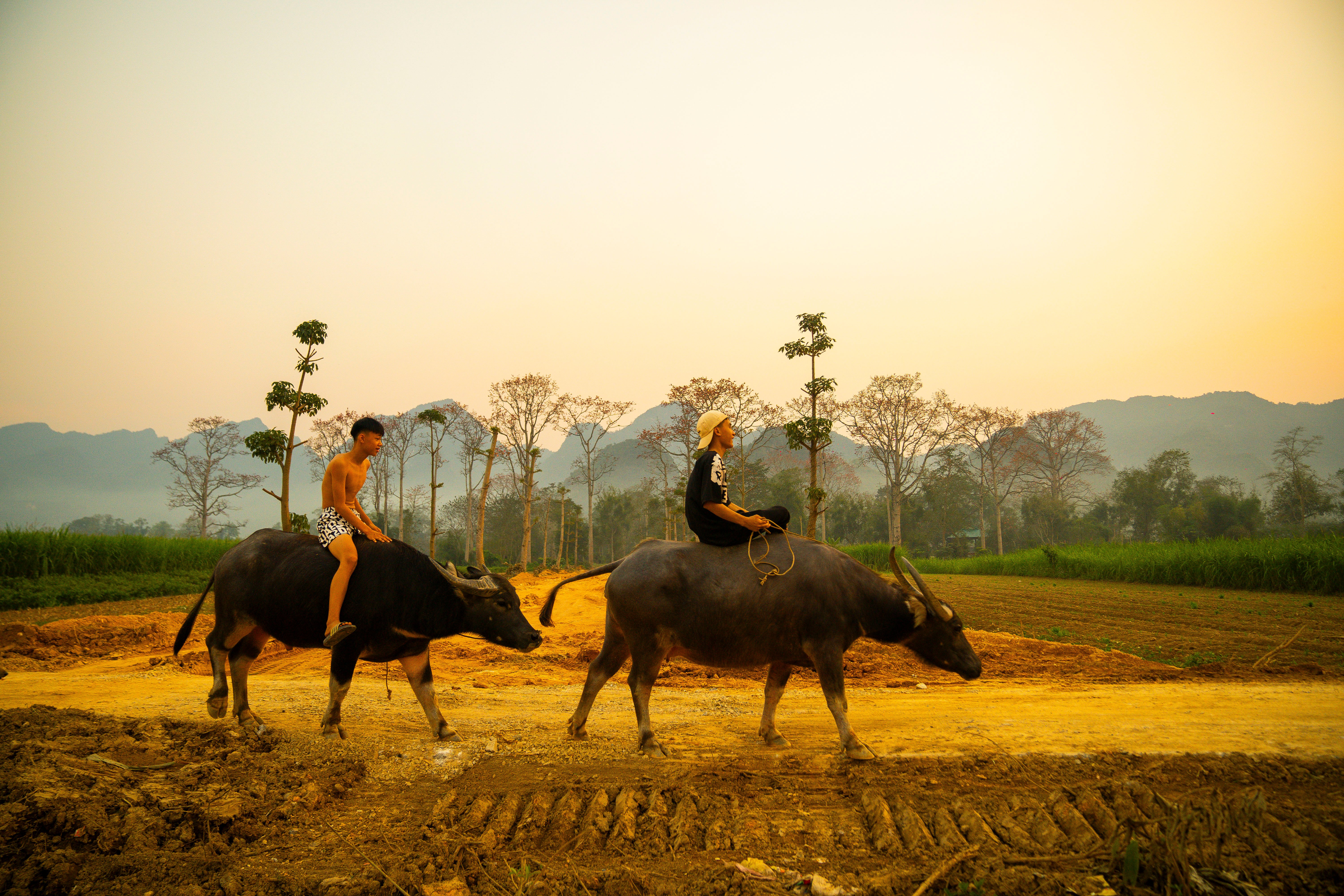
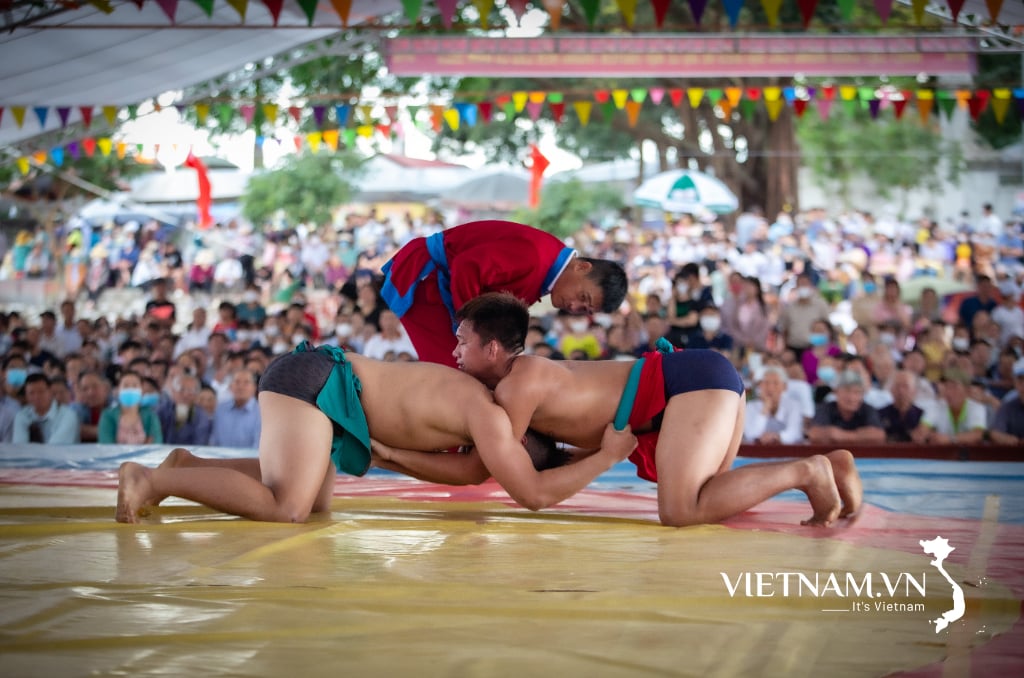
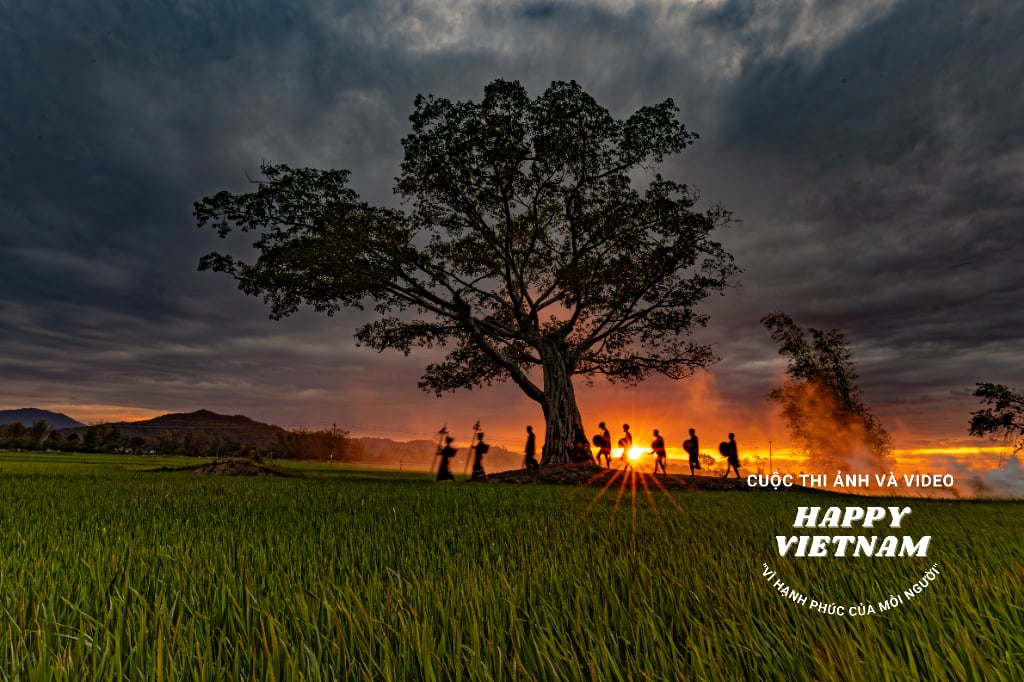
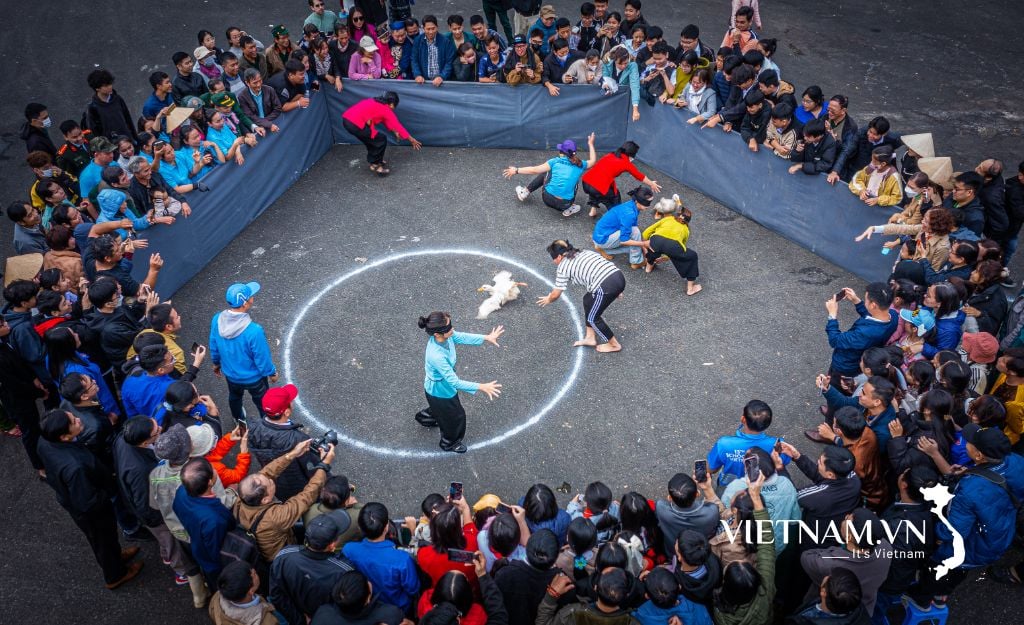
Comment (0)